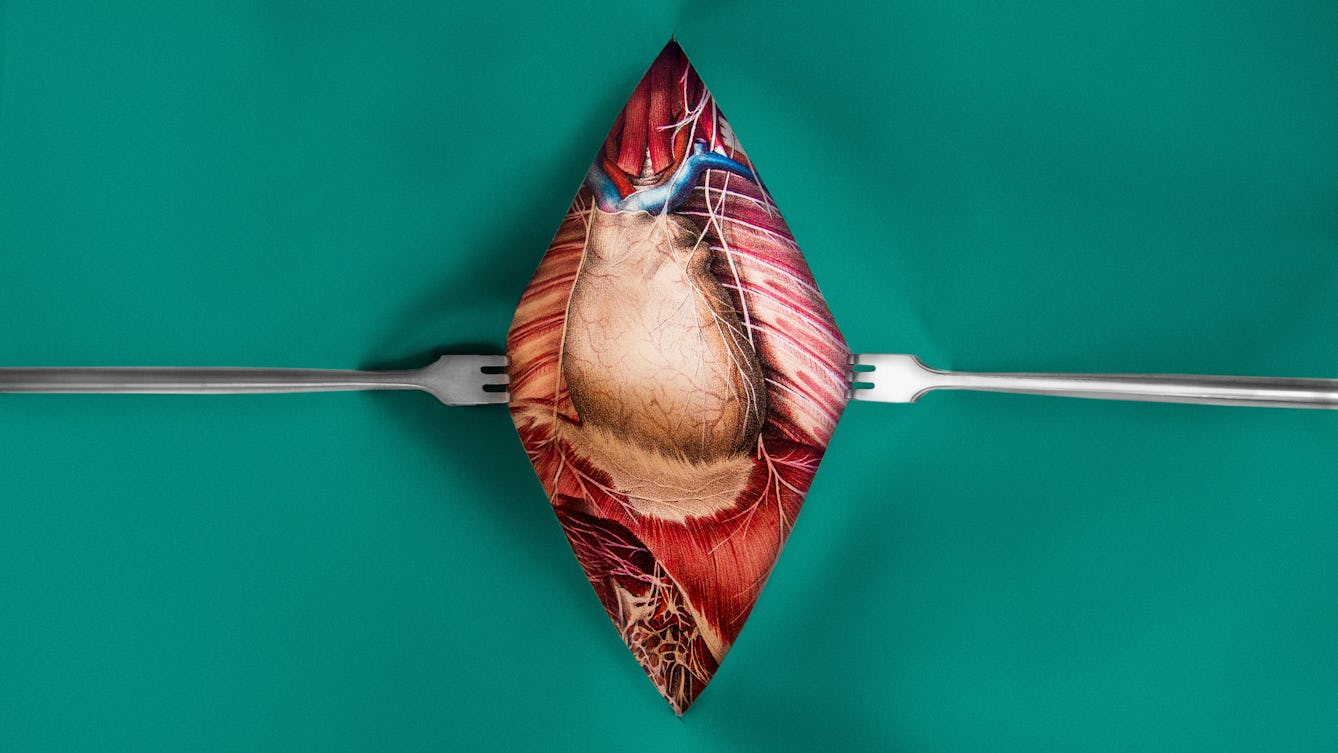
- Article
- Article
The problem of the punctured heart
During World War II a young American surgeon working in England perfected shrapnel-removal techniques that saved dozens of lives. Discover how one case sealed his reputation as the founder of cardiac surgery.
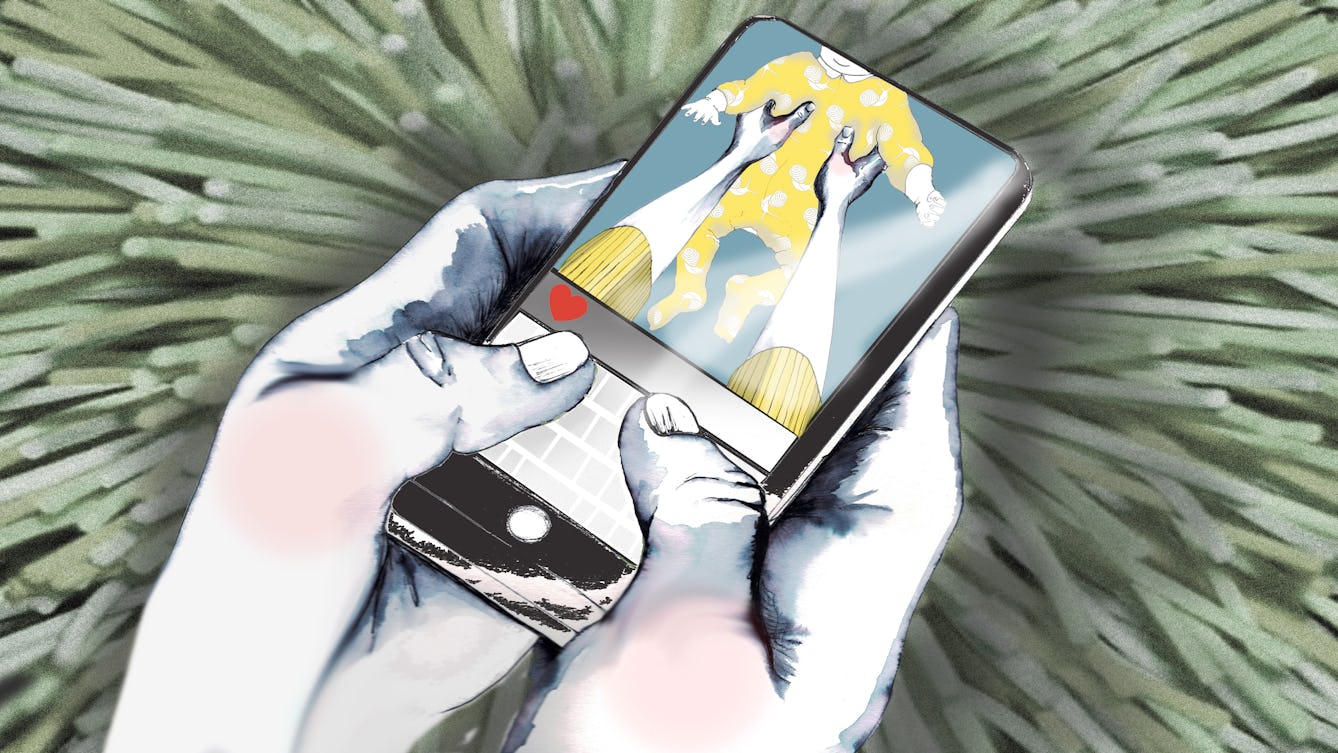
- Article
- Article
Healing hard-working hands
The names we use to describe different hand injuries tell us about history, gender and class. Occupational therapist María Cristina Jiménez explores those injuries, and the changing ways we talk about them.

- Article
- Article
Being trans in the world of sex work
Unstable. Predatory. Risk takers. Dr Adrienne Macartney sheds stark light on the hostile and negative assumptions faced by trans sex workers.
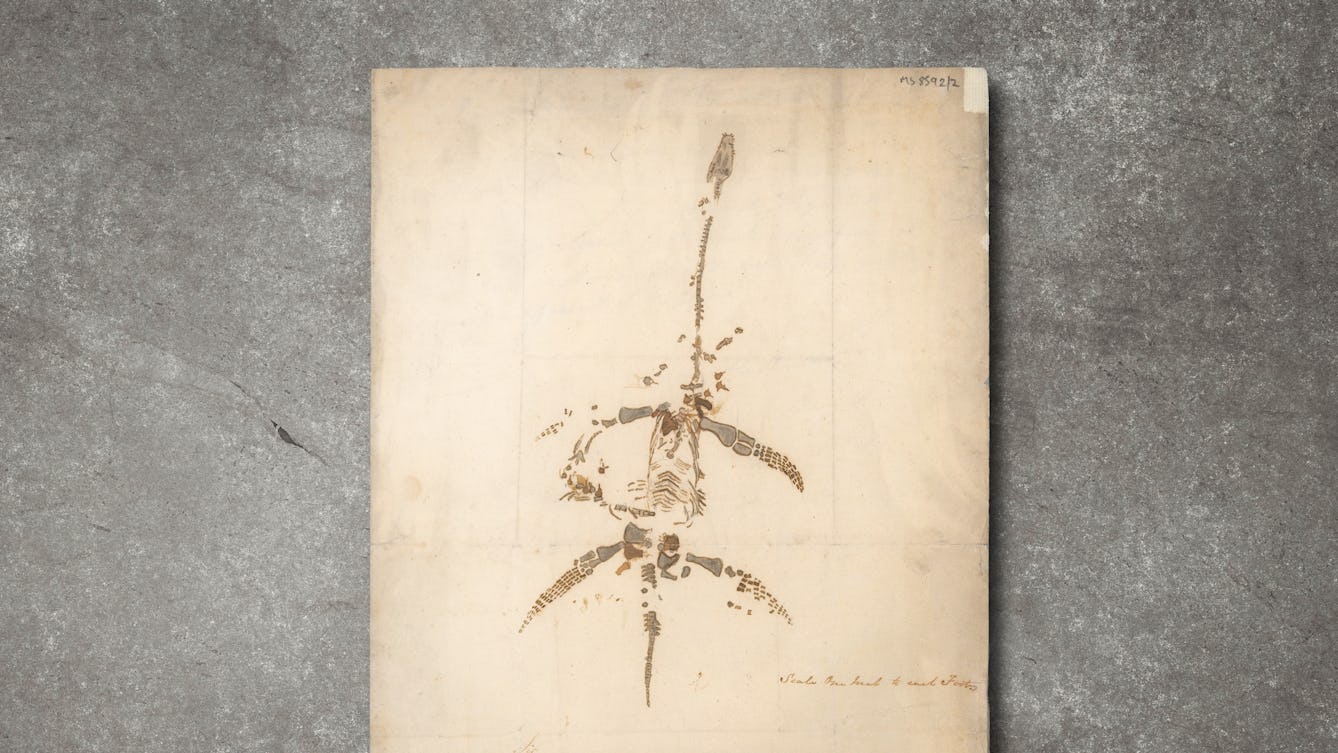
- Article
- Article
Would you like to buy a dinosaur?
Two remarkable letters and a drawing of a plesiosaur by Mary Anning offer a tantalising portal into the exciting world of fossil hunting and discovery of the 1800s.
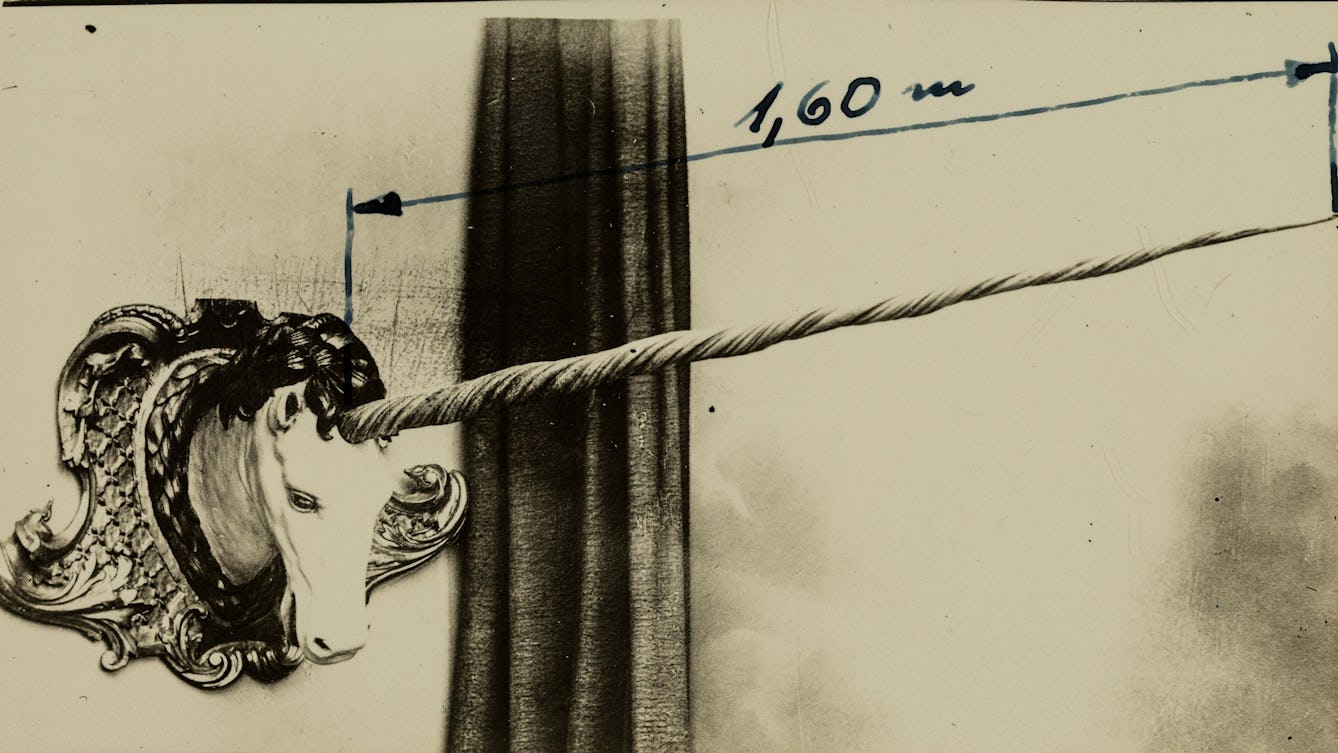
- Article
- Article
Would you like to buy a unicorn?
The story behind why somebody tried to sell Henry Wellcome a unicorn head in 1928.

- Long read
- Long read
Primodos, paternalism and the fight to be heard
Journalist Florence Wildblood examines the case of Primodos – a conveniently quick but risky hormone pregnancy test that was prescribed in the 1960s and ’70s – and profiles two women at the story’s shocking heart.

- Article
- Article
Cocaine, the Victorian wonder drug
Today, cocaine has a very poor public image as one of the causes of crime and violence. But for the Victorians it was welcomed as the saviour of modern surgery.
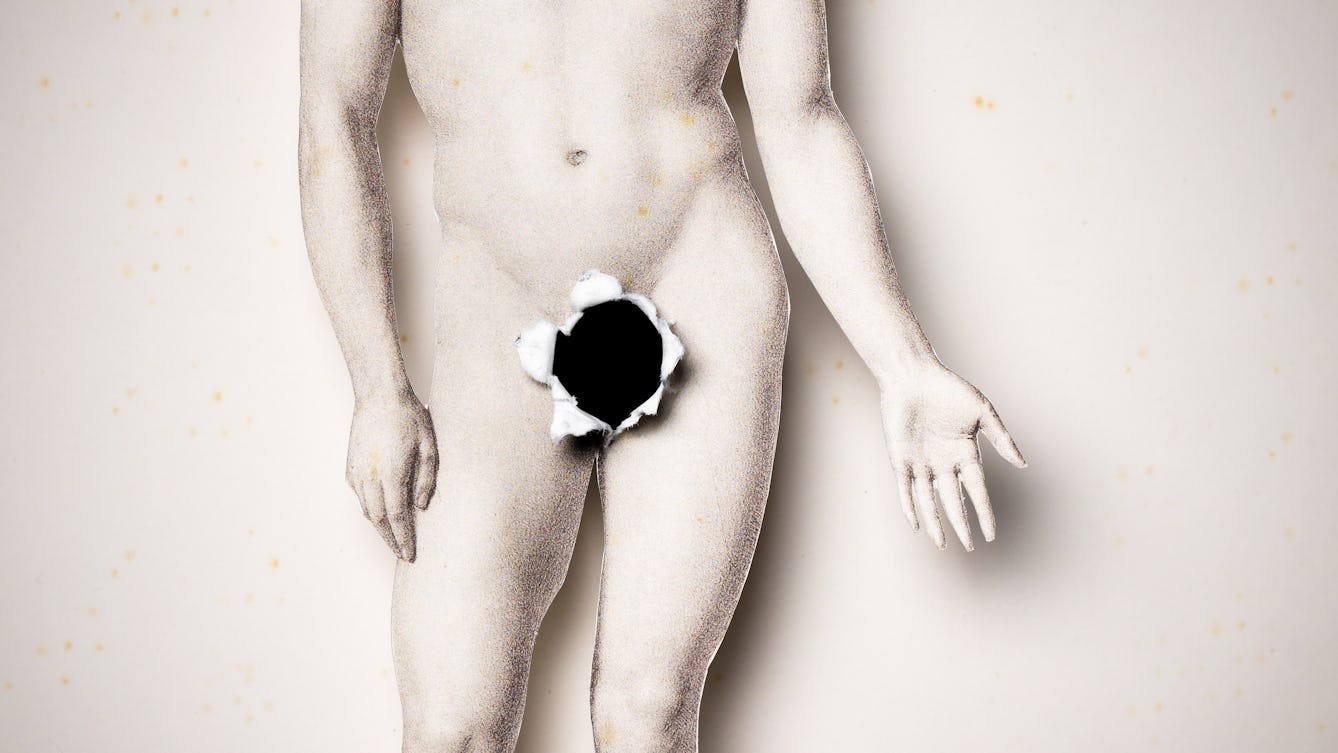
- Book extract
- Book extract
The castration effect
Discover how testosterone – or the lack of it – affects the male body, from eunuch slaves to castrato singers, and on to hormone reduction in modern prostate cancer treatment.

- Article
- Article
The prostitute whose pox inspired feminists
Fitzrovia, 1875. A woman recorded only as A.G. enters hospital and is diagnosed with syphilis.
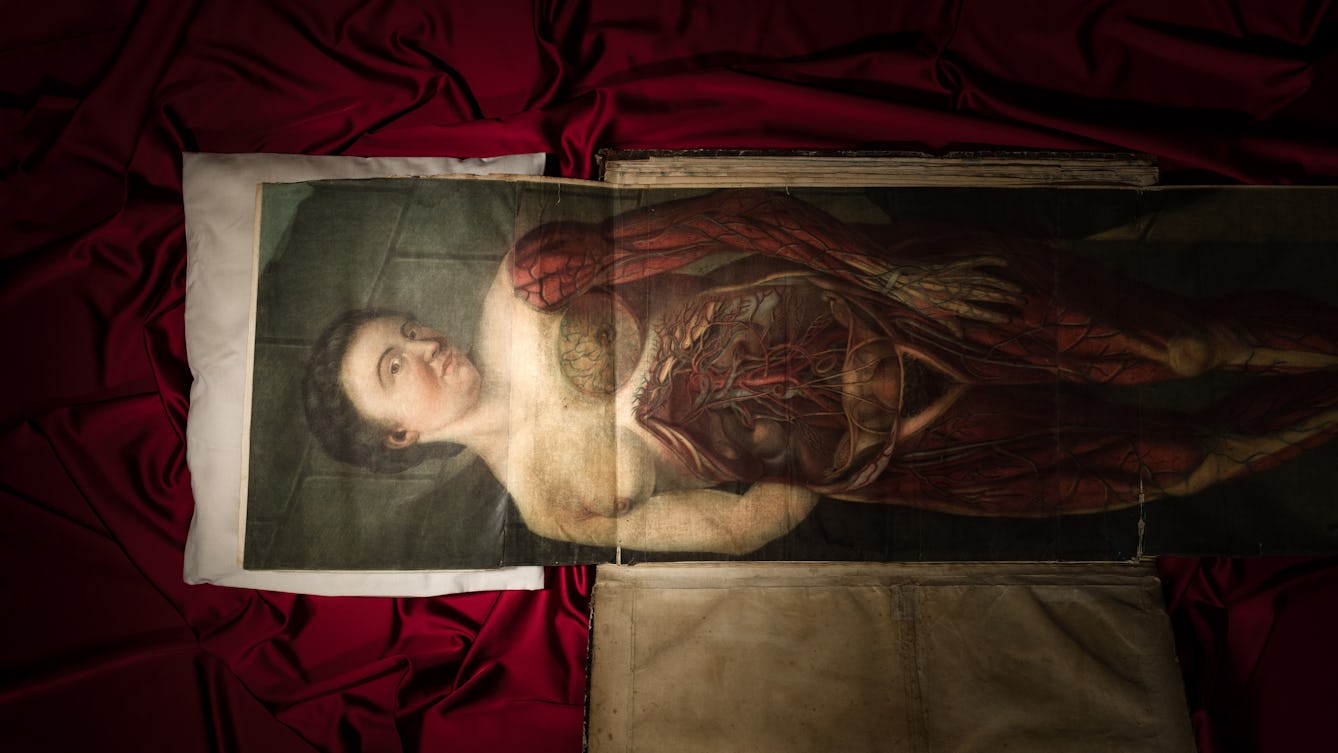
- Article
- Article
Printing the body
The 18th century saw multiple technical developments in both printing and medicine. Colourful collaborations ensued – to the benefit of growing ranks of medical students.

- Article
- Article
Born different
For Chris North, being born intersex in the 1940s meant his many childhood hospital visits, tests and operations were not explained or discussed. As he reveals, doctors encouraged strict secrecy.

- Article
- Article
Why gene editing can never eliminate disability
In a world where DNA testing and gene editing offer ways to eliminate certain disabilities, Jaipreet Virdi explores a more accepting and inclusive approach.

- Article
- Article
Life before assistive technology
When an inherited condition caused Alex Lee’s vision to deteriorate, he began to discover the technologies that would help him navigate the world around him. Here he describes how his life began to change.

- Article
- Article
How do advertisers get inside our heads?
Vance Packard exposed techniques of mass manipulation developed by 1950s advertisers that are still at work today in the age of big data.
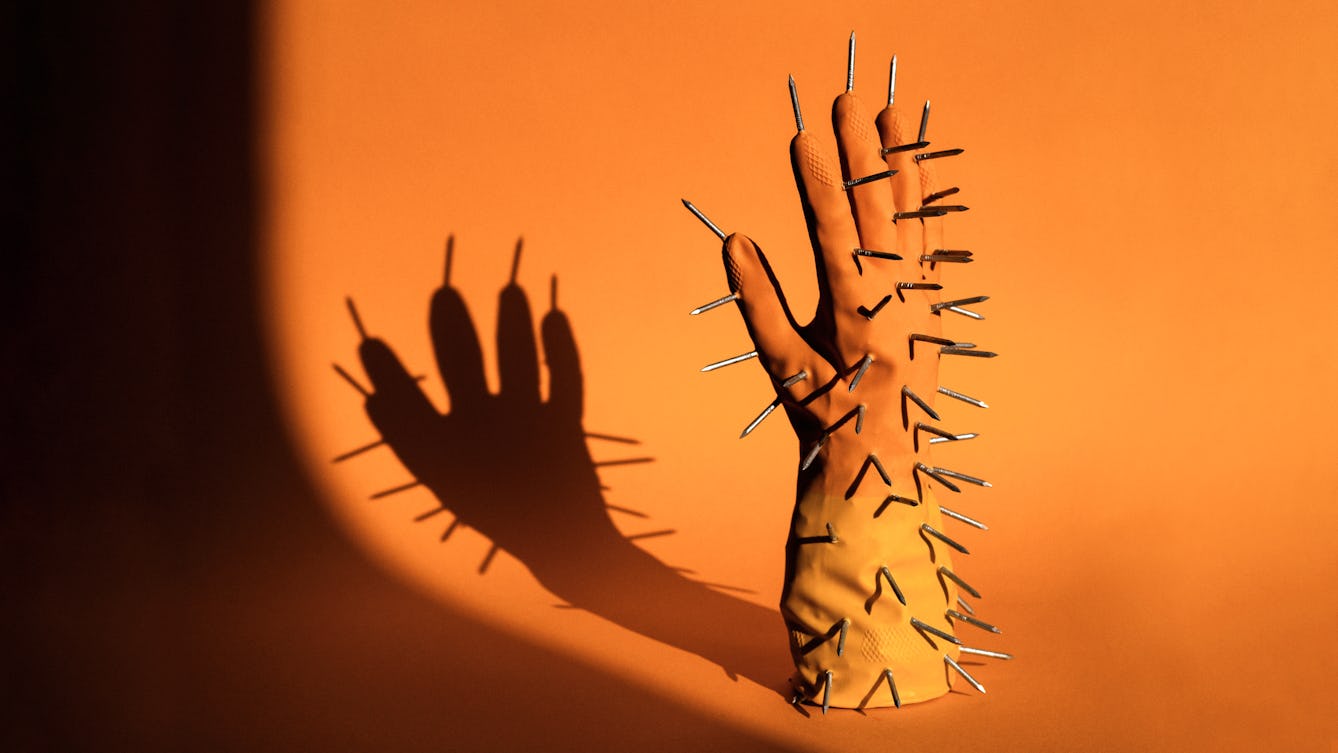
- Article
- Article
Pain and the power of touch
As a new physiotherapist, Fiona Murphy quickly learned that her patients’ pain was unpredictable and very personal. But using the right words became the key to helping them.

- Article
- Article
Trust me, I’m a patient
Artist Rachel Rowan Olive is an expert in the way her mental health condition affects her. Here she explains how it helps if doctors understand that.
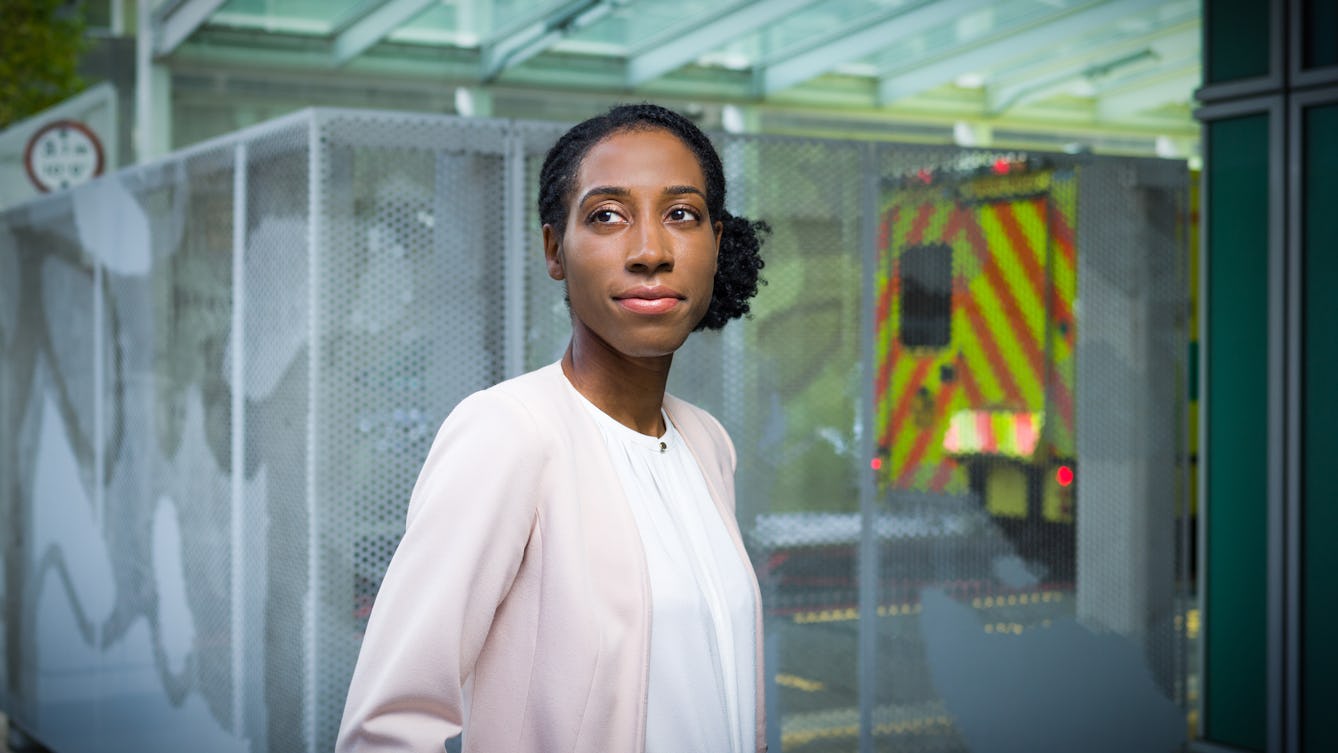
- Article
- Article
Born in the NHS
Despite underfunding, strikes and scandals, the first two decades of the 2000s has seen the British people’s love of and loyalty to the NHS soar.

- Article
- Article
The child whose town rejected vaccines
Gloucester, 1896. Ethel Cromwell is taken ill at the height of Britain’s last great smallpox epidemic.
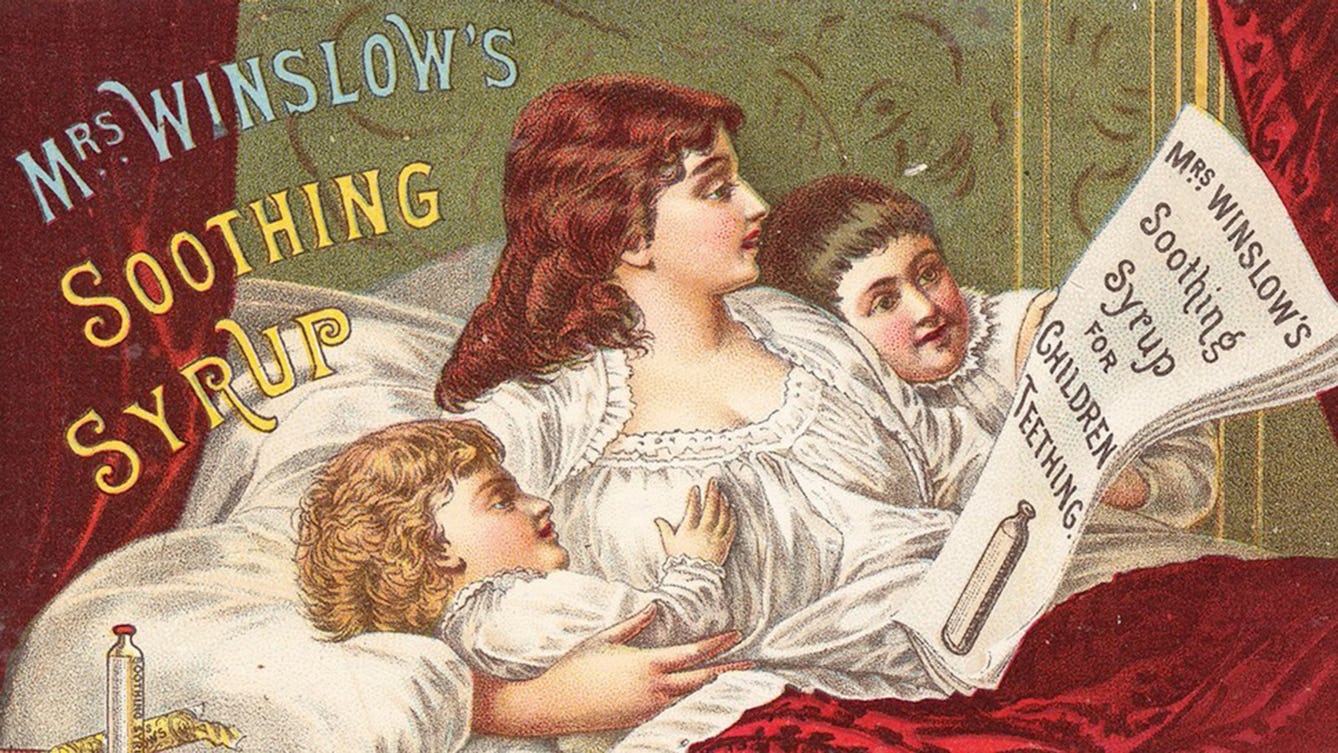
- Article
- Article
The poor child’s nurse
Charming family scenes in Victorian ads for children’s medicines were at odds with some of the dangerous ingredients they contained.

- Article
- Article
How your hairdresser could save your life
Barbers and hairdressers have a unique view of us – one that means they can spot potentially dangerous health problems. Find out how buzzcuts can lead to blood-pressure checks, and dip-dyes show the way to the dermatologist.
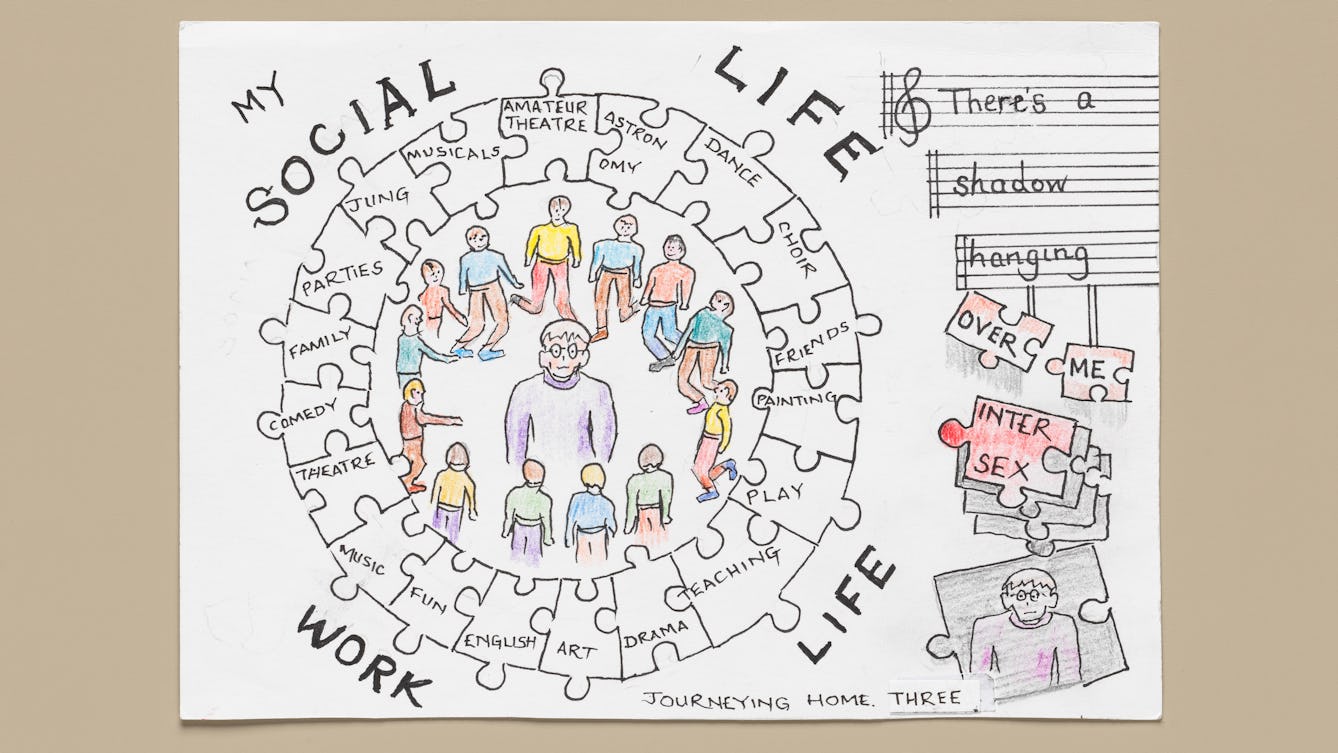
- Article
- Article
Journeying home
A serious health scare was the catalyst to Chris beginning the process of understanding his experiences more clearly, and using that new insight to help other intersex people.
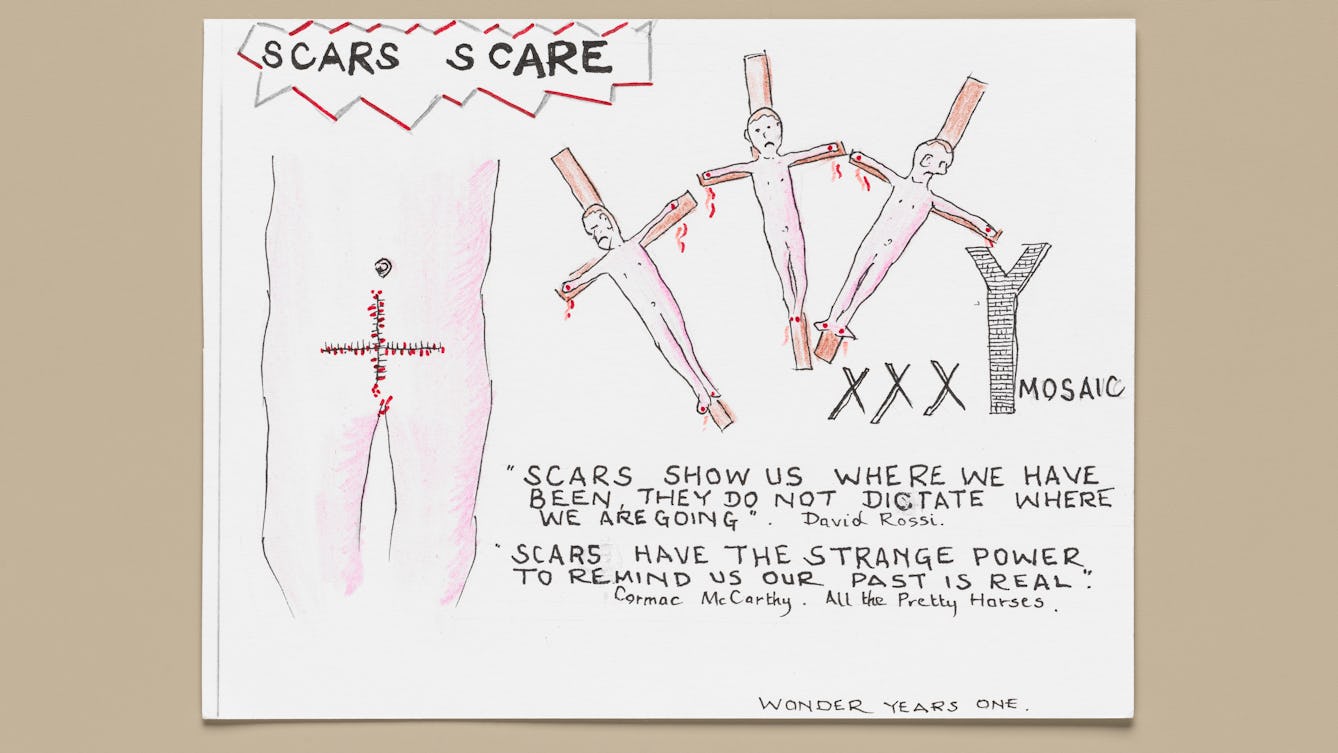
- Article
- Article
Wonder years
The confusion and secrecy surrounding his condition seriously affected Chris’s mental health, blighting his teenage years. But somehow he began to hope and plan for the future.
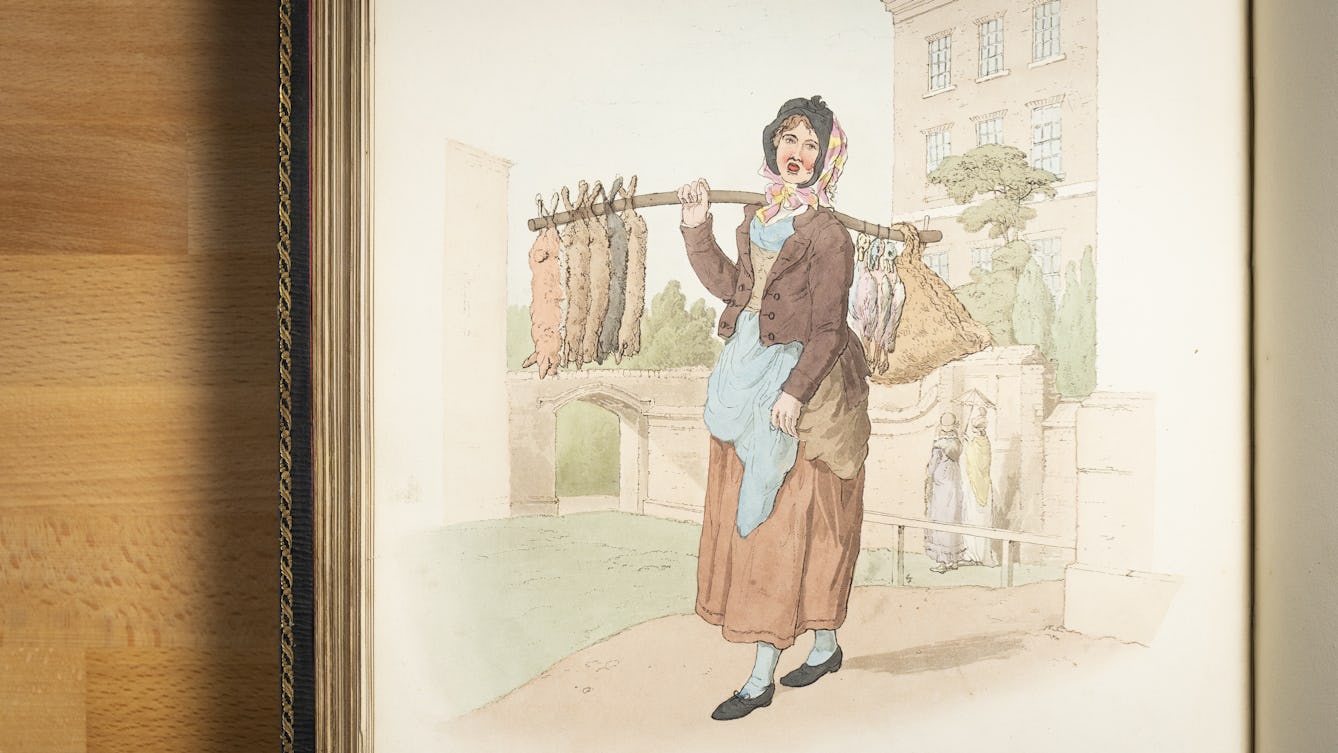
- Article
- Article
The girl with no name
When a now anonymous teenager sold her tooth for transplant, she couldn’t have predicted that she’d end up at the heart of a troubling story about 18th-century beauty ideals.
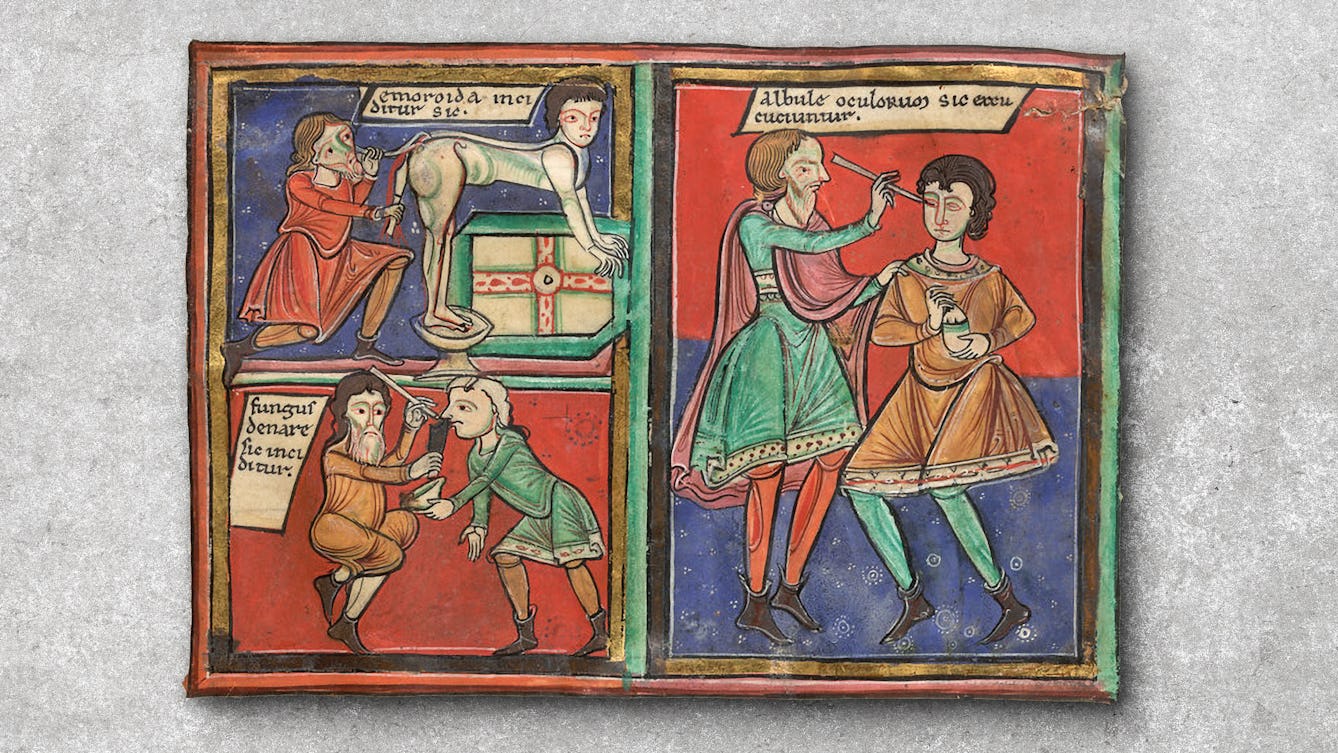
- Article
- Article
Revelations of blindness in the Middle Ages
Medieval texts, from Islamic medical treatises to Christian books of miracles, reveal surprisingly varied and complex experiences of blindness. But when medieval scholar Jude Seal experienced visual impairment themselves, they gained an even deeper understanding of the lives they were studying.

- Book extract
- Book extract
The 200-year search for normal people
Sarah Chaney poses the question we’ve likely all asked at some point in our lives: 'Am I normal?’, and explores whether normality even exists.